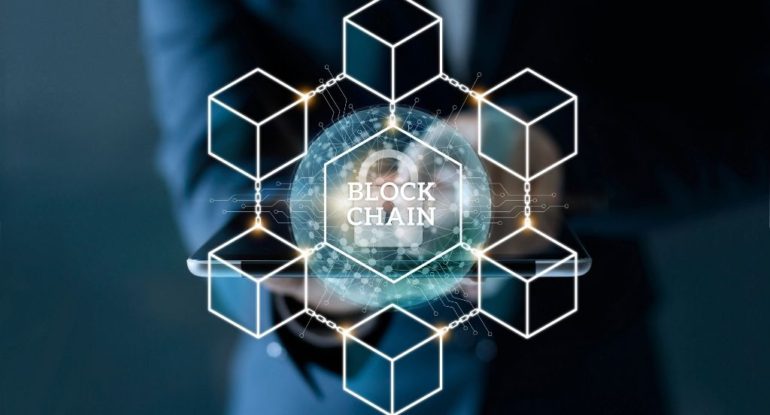Vitalik Explains Three Reasons Why DAO’s Are Better Than Corporations

The co-founder of Ethereum believes that decentralized autonomous organizations, or DAO, may be able to satisfy specific market needs more successfully than traditional businesses and nations. Buterin, one of Ethereum’s co-founders, published a blog post-Monday defending decentralized autonomous organizations (DAOs) usage on Monday. He cited three reasons why decentralized autonomous organizations (DAO) have significant benefits over traditional corporations and will not be quickly obsolete by the latter.
Enhancing the Effectiveness of Your Decisions
A decentralized autonomous organization, or DAO, is a novel governance system exclusive to blockchain technology and functions from the bottom up. Instead, members of the organization vote on proposed changes to the organization’s governance using governance tokens that are mediated via smart contracts.
As Vitalik pointed out, decentralized autonomous organizations (DAOs) are often criticized for being inefficient compared to traditional forms of government. In the commercial world, as it exists now, initiatives to decentralize authority have achieved only minor success.
Also read: Dima And Vitalik Buterin On Crypto’s Morally Clarifying Moment
On the other hand, the author claims that decentralized decision-making may work most efficiently in “concave environments,” in which compromises between two extreme opinions provide the best outcomes. For example, moderate tax rates, as opposed to 0% or 100%, are often the optimal choice for optimizing revenue generation and preserving economic health.
According to Vitalik, “where options are concave, it is feasible that relying on collective intelligence would result in better answers.” In such circumstances, deploying decision-making procedures that use a DAO-like design and include various inputs may make great sense. Second, applications that must continue to function even when prominent external actors threaten them are best governed by entities across the system. The well-known decentralized file-sharing system BitTorrent shows this principle.
BitTorrent is not only resistant to censorship because of its decentralization, but it also offers long-term reliability, which attracts long-term investment. Similarly, decentralized autonomous organizations (DAOs) may serve as censorship-resistant and instability-resistant alternatives to corporations.
DAOs are not corporations: where decentralization in autonomous organizations mattershttps://t.co/PDh9tIRXcm
— vitalik.eth (@VitalikButerin) September 19, 2022
Vitalik presented many instances, one of which was Maker DAO, the issuer of the decentralized stablecoin DAI. DAI, as opposed to centralized alternatives like USDC, may be better equipped to defend itself against censorship attacks initiated by the United States government.
Systems that are dependable and run fairly
In conclusion, one might claim that decentralized governance is preferable to centralized control in producing “credible fairness” in organizations that need some degree of subjective decision-making. These may consist of decentralized autonomous organizations (DAOs) based on algorithmically stable cryptocurrencies, decentralized courts (such as Kleros), or retroactive funding approaches (ex., Optimism DAO). In these three situations, robust governance mechanisms are necessary, i.e., systems that can “credibly convince a large and mistrustful public that they are robust.”
Vitalik concluded that “realistically, we probably only need a limited number of DAOs that resemble political science structures rather than corporate governance.” “Realistically, we probably only need a limited number of DAOs that resemble political constructions.” However, they are the ones that matter the most.”




























































